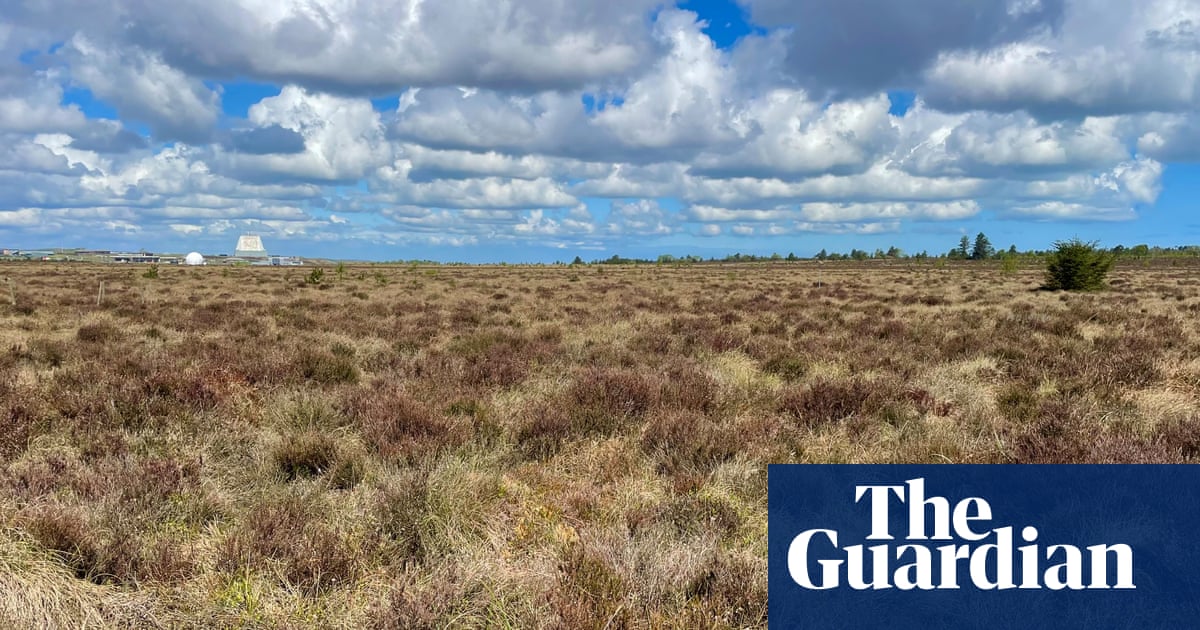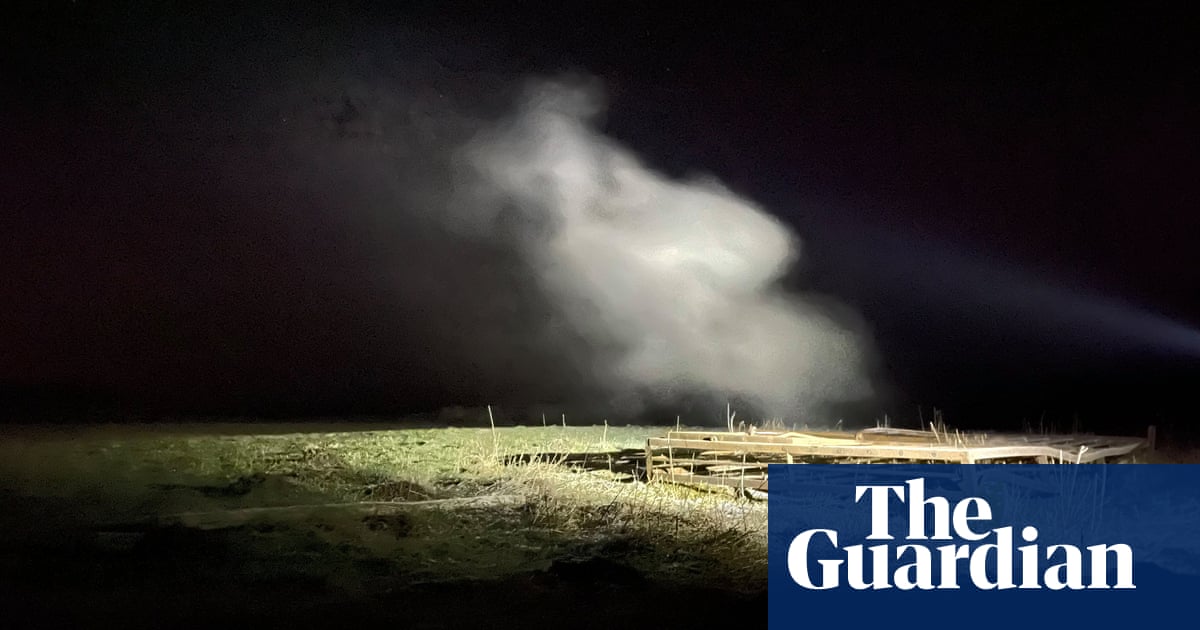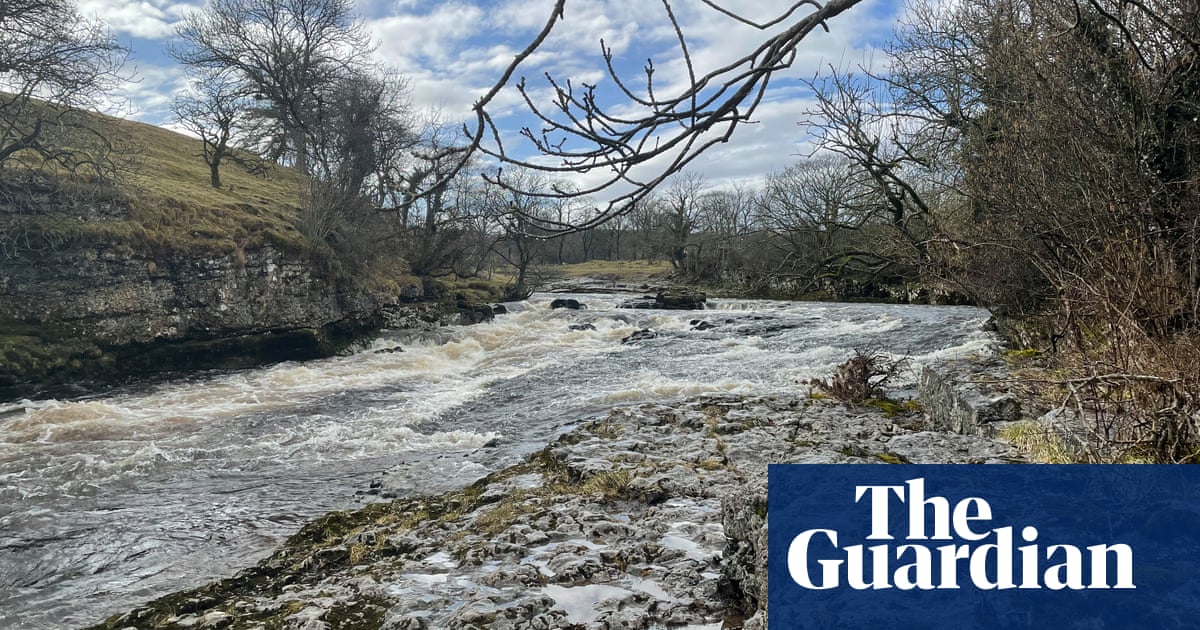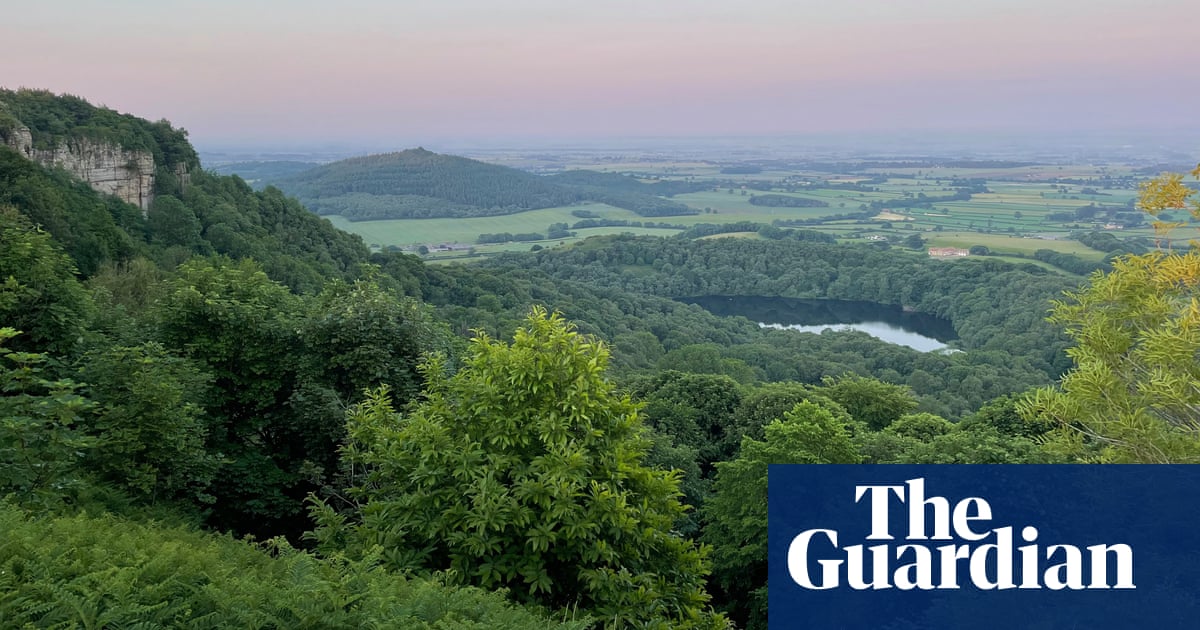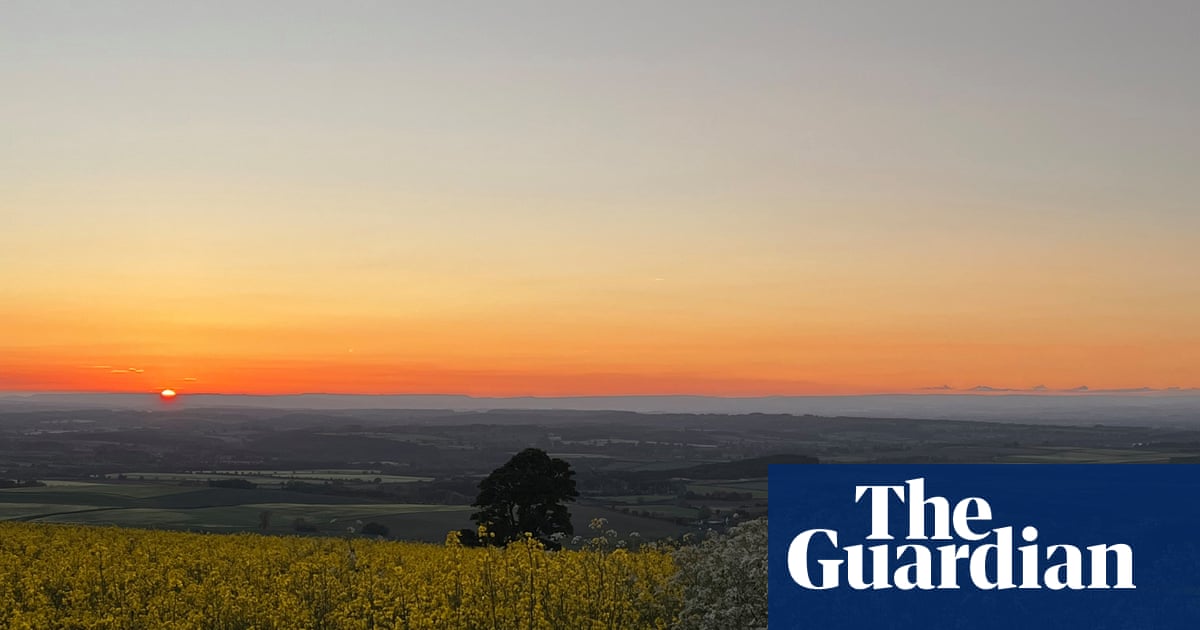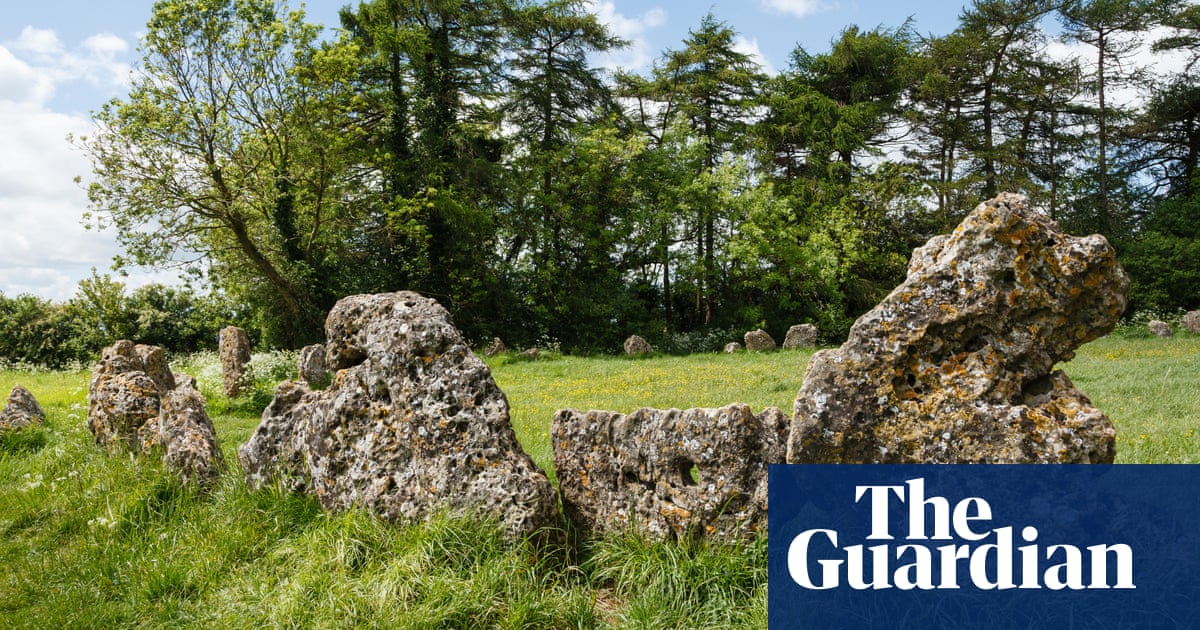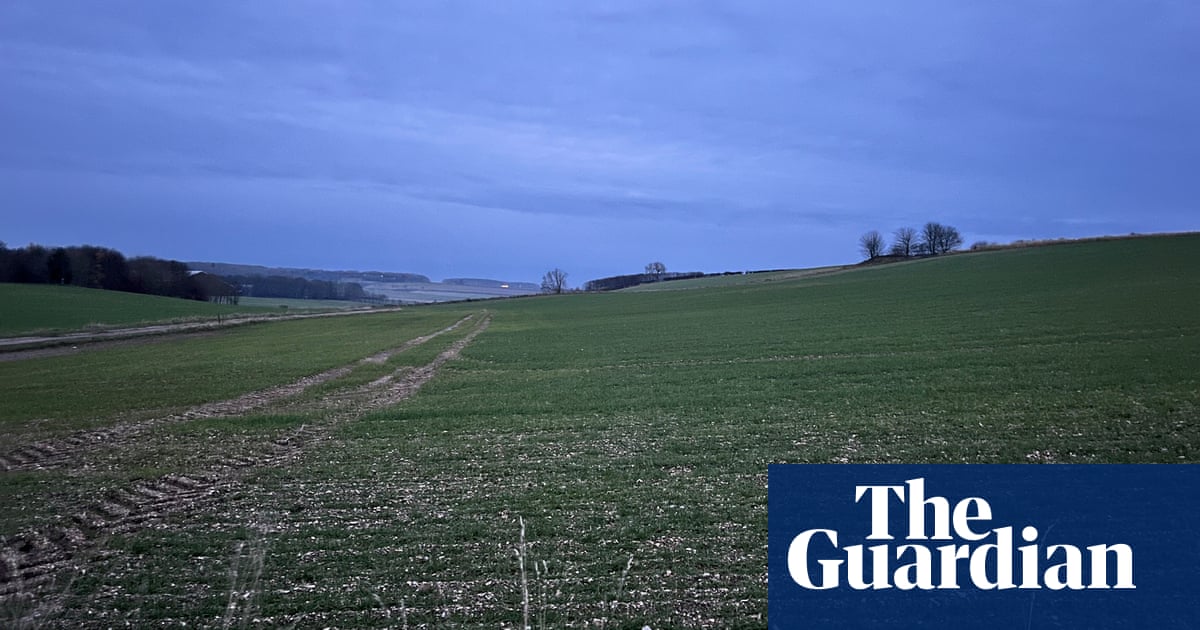
It’s late and cold, but I’m passing a place long on my wishlist and convince myself there’s just enough daylight to go and see it. Wetwang Slack is famous for a huge iron age cemetery, used before Roman occupation. While the spectacular chariot burials nearby captured most headlines, most here in the valley bottom were more modest graves. The shallowest were lost to centuries of ploughing, but deeper ones were preserved until the 1970s, when planned gravel works prompted mass excavation and exhumation.
Cartographically, the slack is a non-feature in an otherwise rolling landscape: the OS 1:25,000 shows several fields containing nothing but white space. Even so, I’m not at all prepared for the blankness of the place. The ground is indeed white, more chalk and shattered flint than earth, with winter wheat struggling out of drilled rows. A colossal new barn looks more like a distribution centre.
A field of red clover, vetch and teasel offers a glimmer of hope, but the only birds sheltering in what is supposed to be a wild bird mix seem to be red-legged partridge and pheasants, which take flight in racking, neurotic clatters. A conversational clucking I can’t initially place turns out to be rats, scores of them, wraithing through the vegetation around the gamebird feeders.
Rounding the curve of the land, I see a plume of smoke emanating from a row of dark peaks alongside the track. In the gloom, I take the peaks to be a cluster of roundhouses, but a hard blink resolves the scene into a long heap of prodigiously steaming manure.
It’s unsettling to consider what has been erased here, by occupation and conquest, then excavation, and extraction, and now by agriculture on a scale that is man-made but also inhuman. Does anyone belong here any more?
As I turn to leave I almost step on the head and leg of a hare spread across the track like a relic. I find myself muttering words I’ve not spoken since childhood: “Yea, though I walk through the valley of the shadow of death…” and a pale apparition rises from the dark verge, and hovers. Owls are seen as psychopomps in many cultures, but this one is searching in vain for souls to guide. “I’m sorry,” I want to say. “I’m sorry. But they are gone.”






